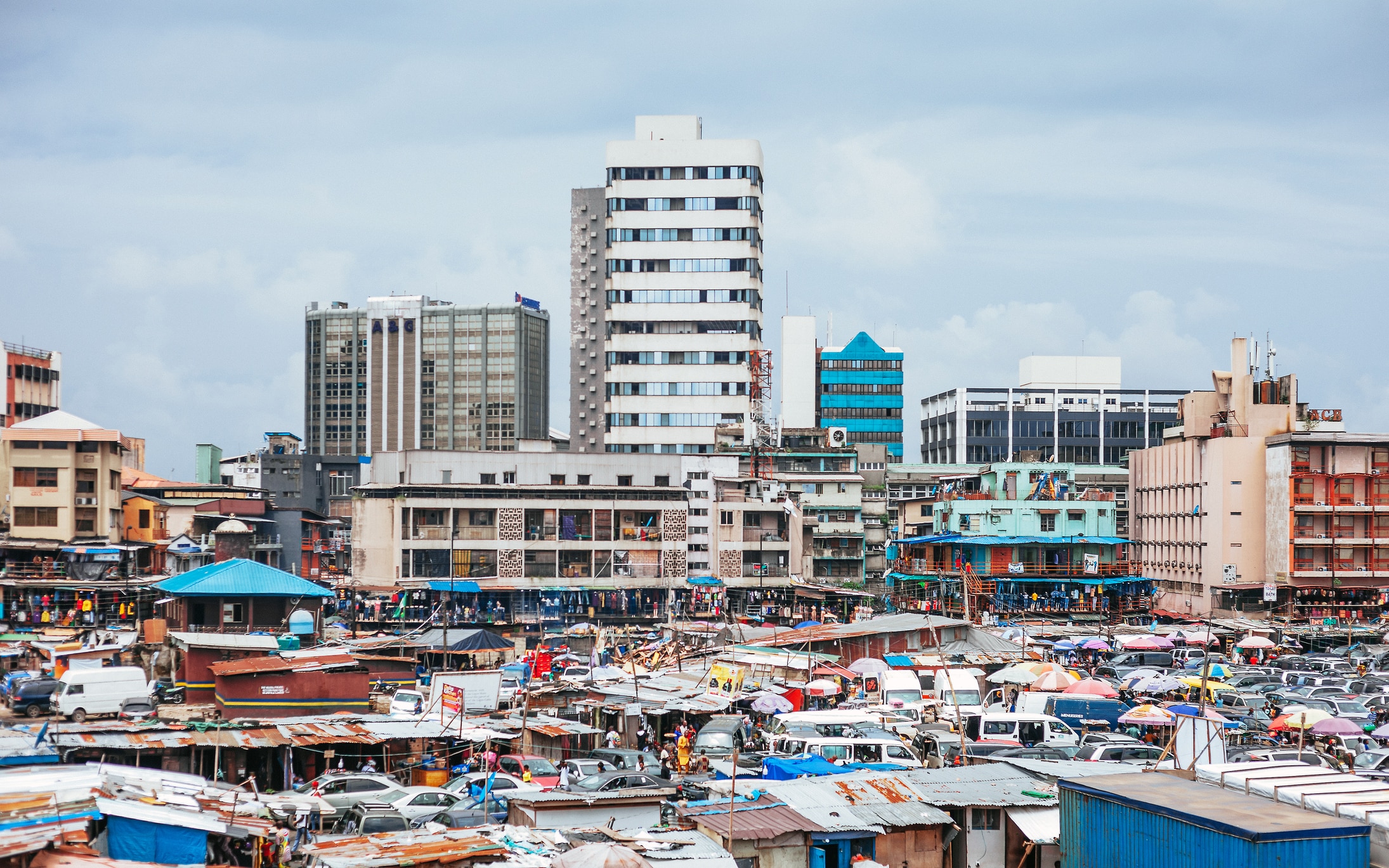The informal economy in Nigeria is vast, with enterprises ranging from market traders and street vendors to roadside mechanics and home-based artisans. These businesses operate outside formal regulatory and tax systems, yet they are vital to the economy, providing jobs and fostering innovation.
Businesses in Nigeria’s informal market, encompassing around 40 million small enterprises, contribute over half of the country’s Gross Domestic Product (GDP), according to a recent 2024 Informal Economy Report, powered by nine-year-old Nigerian payment startup Moniepoint.
The country’s GDP was worth $362.81 billion last year, according to the World Bank. This value represents 0.34% of the world economy.
Derived from interviews with hundreds of business owners and data analysis from over two million businesses that use the services of Moniepoint across the country, the report reads: “This is evident in their revenues with the bulk of them (72.3%) hitting monthly revenues of over ₦1 million ($611.51). But their actual profit deviates from these high figures. Individually, most of them make less than ₦250,000 ($152.88) monthly. On the higher end of the spectrum, only about 1.3% of businesses in Nigeria’s informal economy earn above ₦2.5 million ($1,528.77) monthly.”
The report highlights that informal business owners are predominantly young, with most between 25-34 years old, and 89% of these businesses pay some form of taxes.
Loading...
The primary motivation for starting an informal business is unemployment. The retail and general trade sectors dominate, and half of the business owners run more than one venture.
Moreover, the informal economy is a vital avenue for women’s economic empowerment. Women own 37.1% of businesses in this sector, highlighting the significant role they play despite facing numerous challenges in achieving equity.
Financial habits within the informal economy reveal a preference for cash transactions, reflecting the sector’s low-trust environment and the necessity for immediate cash flow. Despite this, there has been a significant shift towards digital payments, especially following the Central Bank of Nigeria’s introduction of the cashless policy in early 2023. Digital payment adoption doubled, showcasing a growing trend towards cashless transactions.
Business longevity in the informal sector is a challenge, with eight in every 10 businesses operating for less than five years.
Nigerian analyst, Kolawole Oyebola, commenting on these findings, tells FORBES AFRICA: “The informal economy is both a lifeline and a bottleneck for Nigeria’s economic development. While it undeniably contributes significantly to the GDP and offers critical opportunities for youth and women, the high rate of business turnover and low-profit margins highlight structural inefficiencies.
“To harness its full potential, there needs to be a concerted effort to integrate these businesses into the formal economy through supportive policies, financial inclusion initiatives, and infrastructure development. The growing trend towards digital payments is a promising sign, but much more needs to be done to ensure sustainable growth and stability in this sector.”
Loading...
